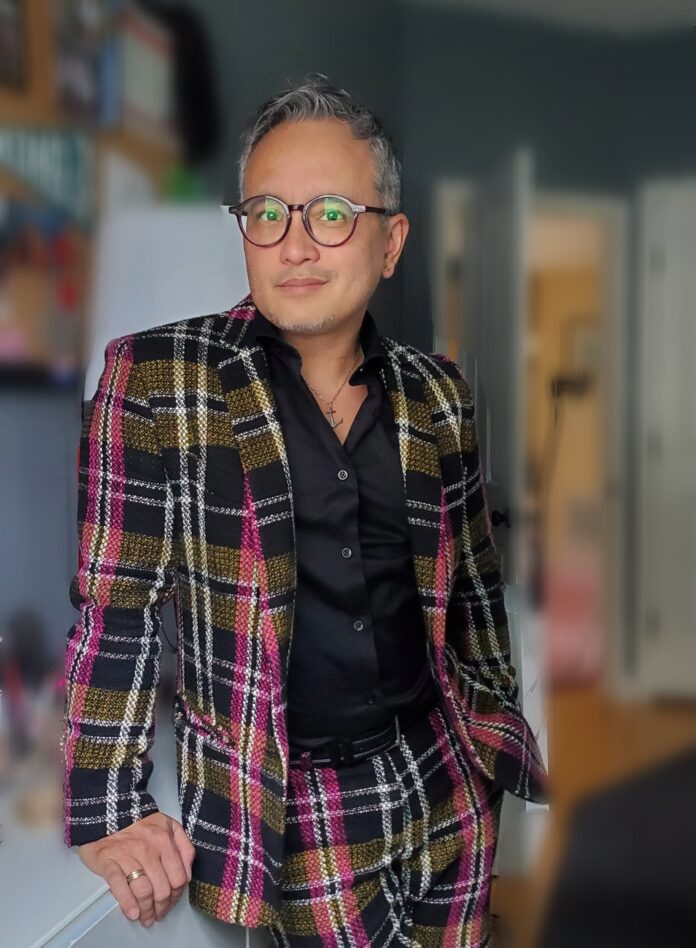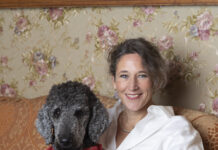Dr. Don S Dizon is a medical oncologist who specialized in OBGYN and sexual health. He encourages oncologists to open the door to conversation about sexual health with cancer patients, as nowadays medical providers don’t usually mention disturbance of sexual life as an issue post-cancer treatment.
Oncology Procedures Alter Sexual Health
Everything in oncology, from surgery to radiotherapy and chemotherapy, affects a man and woman’s sexual health. From sexual desire and sense of being desired to sexual intimacy, touch, sensuality and satisfaction, all can bear negative impacts. However, most people suffer in isolation. They don’t have the language to talk about this issue and, also, doctors don’t provide them permission to discuss it with them. Dr. Dizon goes around the world highlighting the need to strike the conversation.
Let’s suppose it is your very first meeting with a patient and you are taking a comprehensive history. As a part, you should ask about their sexual health, which is not the same as the rest of the history. You can start with: ‘I am going to talk to you about your sexuality today but if you don’t want to talk about it, it is fine. Just tell me whenever you are ready, I am okay with that.’ This one statement lets the patient know that it is okay to talk about it!
Dr. Don S Dizon
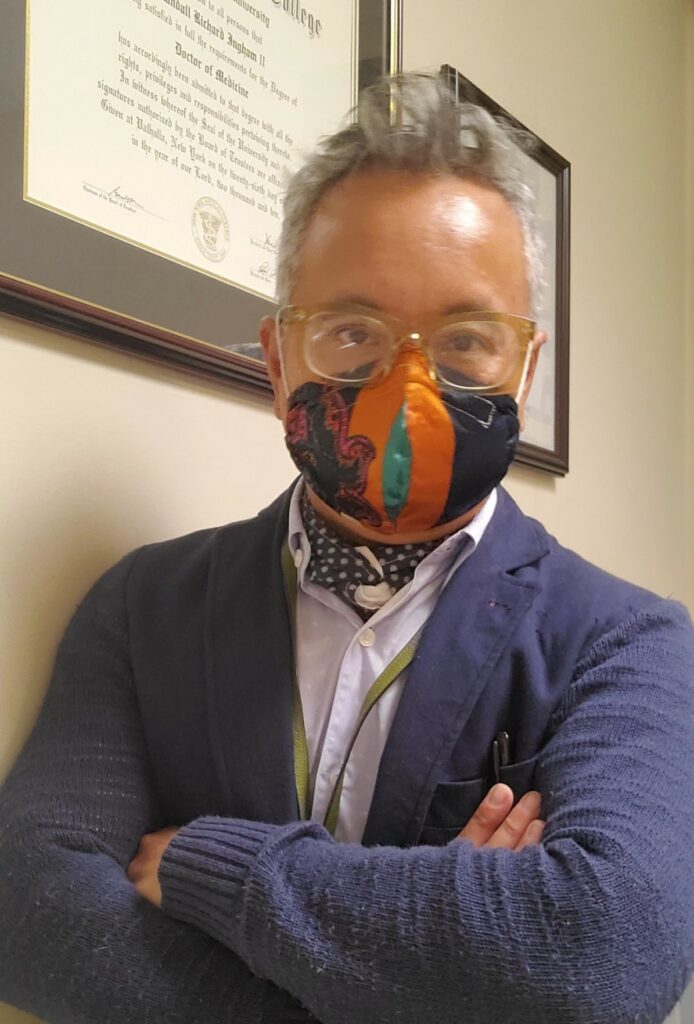
The Beginning
In 1995, Dr. Dizon graduated from the University of Rochester School of Medicine and Dentistry. In 1998, he completed his residency in internal medicine at Yale University School of Medicine. Finally, in 2001, he completed his fellowship in medical oncology at Memorial Sloan-Kettering Cancer Centre, where he also served as a Clinical Assistant. His journey with oncology started here and decided to never stop!
Dr. Dizon began his academic career in 2010 when he served as Associate Professor of OB-GYN and Medicine at Brown University, Rhode Island. Being an oncologist, he served as Co-director at the Center for Sexuality, Intimacy and Fertility, and as Director of Medical Oncology at Woman & Infants Hospital, Rhode Island. Later, in 2017, he founded the Oncology Sexual Health Clinic at Massachusetts General Hospital, where he served as Clinical Co-director of Gynecologic Oncology. Currently, Dr. Dizon is the Professor of Medicine and Professor of Surgery at Alpert Medical School, Rhode Island. He is also the Director of Medical Oncology at Rhode Island Hospital and Director of The Pelvic Malignancies Program, Lifespan Cancer Institute.
Revolving Oncology
Dr. Don S Dizon is from a Catholic island in the South Pacific Ocean. He was inclined to religious affairs. He recalls priests and nuns talking about vocation. Religion insists on doing something exemplary in life, especially for other people. Thus, the driving motivation to become a doctor began with religion and bloomed from some medicine-based TV series. The series didn’t glamorise medical life nor portray it as beautiful, yet Dr. Dizon fell for medicine. He knew he had to do medicine! The realisation hit quite early. He considers himself quite fortunate to have become a physician. Later, he chose oncology and, to this date, he continues achieving one after another milestone, marking himself as an important representative of OB-GYN oncology.
I opted to do cancer medicine in the fourth year of medical school. It is really driven by the people I saw and treated. Seeing my first patient as a fourth-year medical student not leave the hospital and die of leukaemia was striking. It still stays with me! During the fellowship, I observed how little was available for people 20 years ago. I wanted to change that. This drove me to not only oncology but academic oncology as well. I wanted to be a part of problem-solver teams that wanted to design clinical trials testing different ways to treat human malignancies. It has been an incredible privilege to do that now 20 years later and see how oncology has really evolved.
Dr. Don S Dizon
As a medical student and resident, pertaining to oncology, you should learn the drugs that specifically affect a woman’s vulvar and vaginal health thus affecting sexual function. When you mention drugs to treat hormone-positive cancers, the second thing you should mention is the side effects. They include muscle and joint pain, vaginal dryness, vulvar itching, and sexual problems. If you don’t mention them as a part of your routine coverage, then patients will not know this drug is hurting them. They won’t know it’s common and manageable. They will suffer in isolation, masking an image of a healthy mental and physical state.
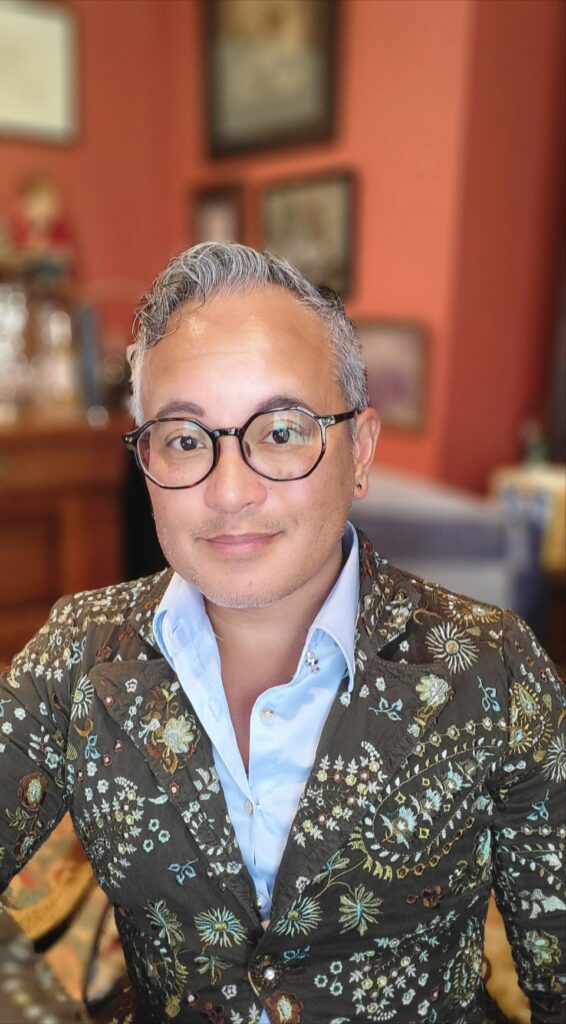
Survivor Oncology
According to the Multinational Association of Supportive Care in Cancer (MASCC), survivor oncology is the prevention and management of adverse effects of cancer and its treatment. Dr. Dizon developed expertise in treating patients who are interested in regaining their sexuality and sex life. Although the world is shifting to newer and more advanced demands, the demands of cancer patients remain constant. They need treatment and management of post-treatment adverse effects. The key to Dr. Dizon’s resilience is to work outside anti-cancer therapy after cancer.
This has been really fulfilling to spend an hour with someone treated for cancer and help them see the life outside cancer to reclaim something so humane; their sexuality. This is one way I am resilient because I can talk to people with cancer but not about their cancer.
Dr. Don S Dizon
Oncology Challenge: Cancer in Transgender Population
This is a basic understanding that the origin and presentation of cancer differ in males and females. However, when cancer presents in the transgender population, the picture changes entirely. Medical oncology struggles in the diagnosis, treatment and management of cancer in transgender patients. In reality, there is no large-scale database in the US about the sex and gender of cancer patients.
Basically, it is a black hole. We don’t know the response to treatments. We lack experience, therefore we can’t compare the outcomes. Let’s suppose we see a transgender person with cancer. They present as trans-woman. I conduct screening or lab. I can compare it with that of either male or female, not both obviously. Now to whom do I compare the report? When you dose their treatment do you use body weight composition calculation according to a man or a woman? When someone is taking gender assigning hormone therapy, you code their risk of breast cancer. So, are you comparing the risk to that of a man or woman? Both are completely different. I advocate for routine and consistent collection of sex and gender data for every person who enters our health system.
Dr. Don S Dizon
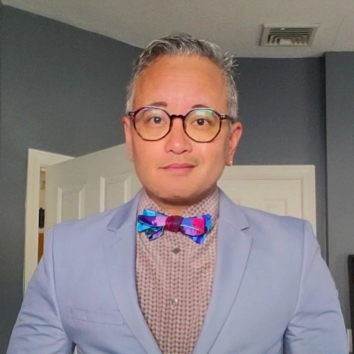
Workplace Morals & Manners
Dealing with stress and crises in oncology is overwhelming and exhausting. After a long day at work, losing temper and picking up an argument is a day-to-day event. In such sensitive moments, the best is to deal morally. Giving equal respect to all colleagues irrespective of rank and authority confirms your professional standard of morals. We all learn with time and it is never too late to go back and humbly say ‘sorry’.
I am still learning to deal with professional anxiety and stress. The best is to be completely objective and sound when dealing with crises. I usually lose my temper and become demanding in a crisis. But I am known to reach out and say “I am sorry”. Instead of being defensive about my attitude, I try expressing the impact of the situation on myself without using the language of blame. Learning to say sorry and adopting a more considerate language are important. It is equally important to understand that medicine is teamwork. Every member of the team is important. I am an attending physician but this does not make my voice any more important than my fellow nurse practitioner and navigator.
Dr. Don S Dizon
TikTok Influence: @drdonsdizon
Dr. Don S Dizon is a founding member of Collaboration for Outcomes using Social Media in Oncology. Here is what he says about the power of social media, especially TikTok!
Raising my voice on social media for quality medical-oriented content has been an important decision. The public has an idea about who we are as clinicians. However, people still believe doctors are not empathetic. They believe we are cold-hearted. Even worse, when you are a clinical trialist, you treat humans like guinea pigs! All of this explains why I am on social media. I think it does help to humanise the profession.
Let’s understand that, when a patient dies, we also cry. When we see something incredible, such as an exceptional response to treatment, that also makes us cry. With social media, people get to see our life outside medicine. I would caution anyone using social media to not use it for the sole purpose of building a brand and clout. We are not marketers or influencers. This is not our role in society and it definitely does not elaborate on what I do on social media. So, whatever you do on social media, you have to be genuine!
Dr. Don S Dizon
Future Physicians for Change
It will be your generation of upcoming physicians to bring up implicit bias to the surface. This is going to take a lot of courage to do that! This generation is learning about equality, equity and healthcare. So, I think the change is going to be in the future! But, it is coming.
Dr. Don S Dizon
Dr. Don S Dizon continues helping cancer survivors reclaim their sexuality. Approaching survivors, he comes across toxic thoughts. He hears “I am lucky to still be alive” quite often. It is true, as it minimizes the suffering, but taking them back to real positivity and recognizing their sexual image with desires and intimacy is the real challenge.

